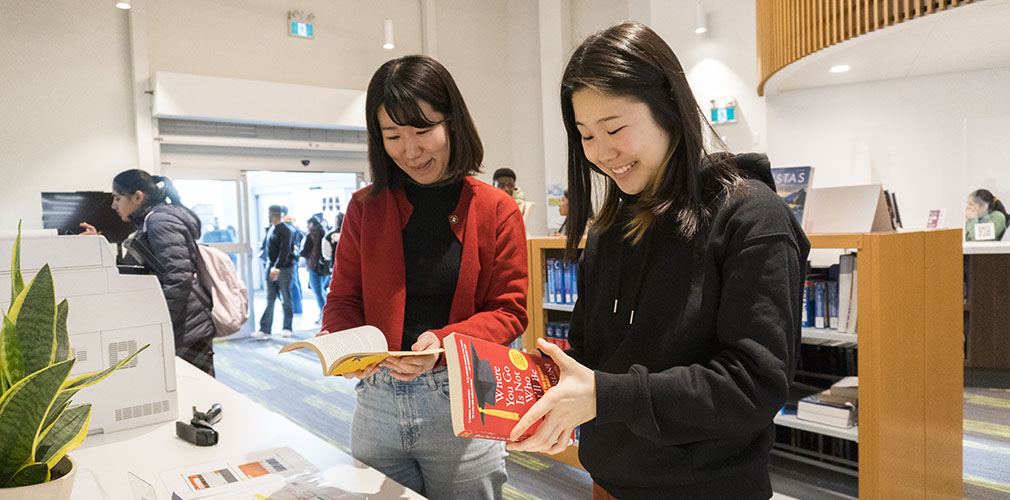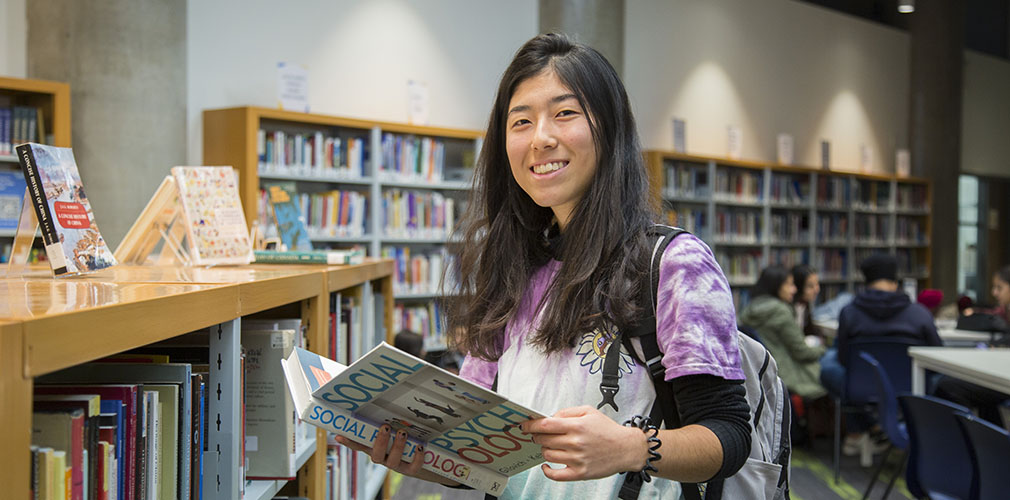

On March 8th, 2024, people around the world commemorate International Women’s Day. It is a day of celebration, reflection, and hope.
We celebrate the trail-blazing courage of Canadian women like Nellie McClung, one of Canada’s most prominent suffragists (women who fought for the right to vote). She was instrumental in the Persons Case (1929), in which she successfully argued that women were eligible to become senators in the Senate of Canada.
We celebrate the contributions of women around the world to our scientific and technological development, such as Marie Curie (radioactivity research) and Mary Anderson (inventor of the windshield wiper).

We reflect on our society in Canada, and our societies around the world. We have made significant progress in Canada when it comes to women’s issues, but we have much work to do. For instance, we can reflect on how our Canadian Human Rights Act and Canadian Charter of Rights and Freedoms work to protect Canadian women from discrimination. We can ask ourselves “how can this legislation be improved upon as we progress as a country?”
More women than ever before have been entering fields that are typically thought of as masculine disciplines such as science, technology, and business. These are promising developments in Canada, but the journey to worldwide equality is long. We should reflect on what we can do to promote equality, in Canada, or back in the countries of which we are citizens.

When commemorating International Women’s Day, we are hopeful. We are hopeful that more women can live up to their potential, free of gender-based discrimination. We are hopeful that Canada can take further steps toward equality, such as by promoting equal pay for equal work.
We are hopeful that the world, with all its diverse cultures and ideologies, can unify around the empowerment of women.
Alexander College Library wishes you a Happy International Women’s Day! Check out our displays at ACB and ACV!
Alexander College acknowledges that the land on which we usually gather is the traditional, ancestral and unceded territory of the Coast Salish peoples, including the territories of the xʷməθkwəy̓əm (Musqueam), Skwxwú7mesh (Squamish), and Səl̓ílwətaʔ/Selilwitulh (Tsleil-Waututh) Nations. We are grateful to have the opportunity to work in this territory.
Alexander College acknowledges that the land on which we usually gather is the traditional, ancestral and unceded territory of the Coast Salish peoples, including the territories of the xʷməθkwəy̓əm (Musqueam), Skwxwú7mesh (Squamish), and Səl̓ílwətaʔ/Selilwitulh (Tsleil-Waututh) Nations. We are grateful to have the opportunity to work in this territory.